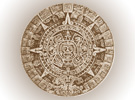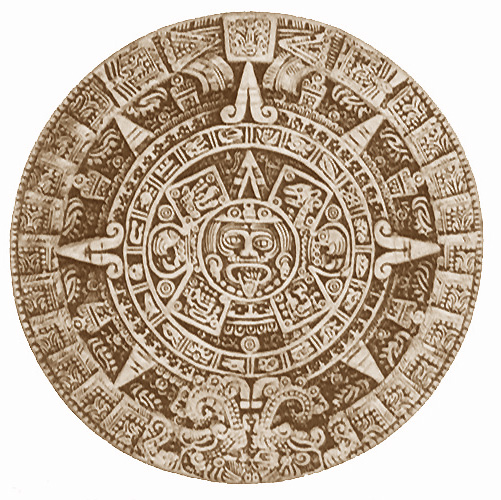Mayan Calendar and December 21, 2012
Don't expect the world to end on 12-21-12, says Archaeologist Brigitte Kovacevich.

DALLAS (SMU) – Don’t feel compelled to mark every item off your bucket list just yet.

- The Maya used a number of different calendars, which scholars interpret in different ways. One of the calendars turns over, much like an odometer, on Dec. 21 or 23, 2012. The last time that this odometer turned over in the Maya calendar – August 11, 3114 B.C. – it was an event of creation, not destruction.
- Only two monuments out of all Maya sites refer to 2012, and they use the date as a rhetorical device, not a prediction. Other monuments predict events still thousands of years in the future.
- The Maya text often cited as predicting the end of the world, the Dresden Codex, does not mention 2012. Another famous text, the Chilam Balam, does make dire predictions for certain period endings, but this book dates to the 15th and 16th centuries and was written after the Spanish conquest and heavily influenced by that event and Western culture.
So why the fuss?
The prophecies about 2012 are a collection of myths and legends, independent of academic scholarship, spread by television, commercial publications and digital computer networks, Kovacevich says. Not only are they inaccurate, they exploit, misrepresent and romanticize the Maya culture, she says.
About Brigitte Kovacevich

Courses she teaches include Meso-American Archaeology, Origins of Civilization, The Archaeology of Gender and Sexuality and Household Archaeology: The Archaeology of Everyday Life.
# # #